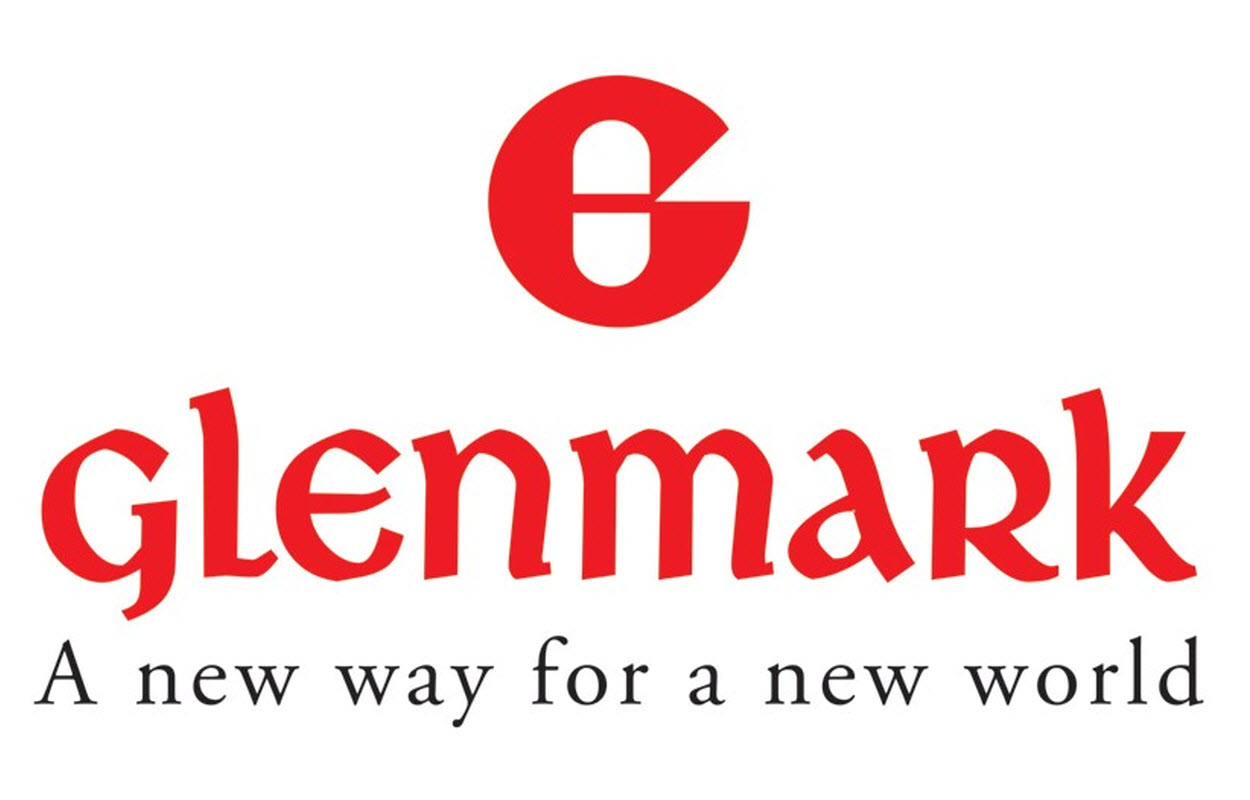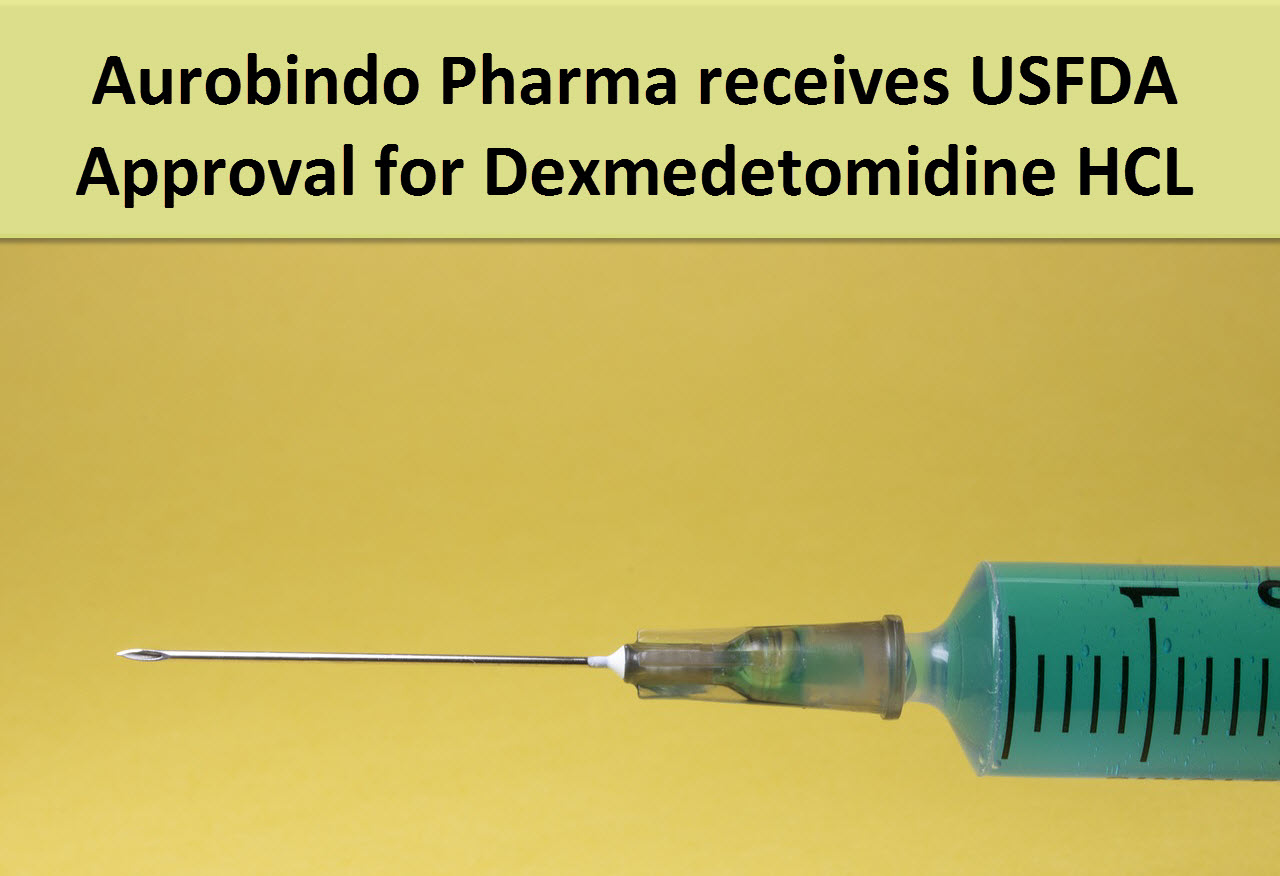USFDA Approves Bristol Myers Squibb’s Breyanzi (lisocabtagene maraleucel)
Bristol Myers Squibb announced that the U.S.

Glenmark Pharmaceuticals Ltd has received tentative approval by the United States Food & Drug Administration (U.S. FDA) for Dabigatran Etexilate Capsules, 75 mg, 110 mg, and 150 mg, the generic version of Pradaxa®1 Capsules, 75 mg, 110 mg, and 150 mg, of Boehringer Ingelheim Pharmaceuticals, Inc.
According to IQVIATM sales data for the 12 month period ending October 2020, the Pradaxa® Capsules, 75 mg, 110 mg, and 150 mg market2 achieved annual sales of approximately $550.9 million*.
Glenmark’s current portfolio consists of 166 products authorized for distribution in the U.S. marketplace and 45 ANDA’s pending approval with the U.S. FDA. In addition to these internal filings, Glenmark continues to identify and explore external development partnerships to supplement and accelerate the growth of its existing pipeline and portfolio.
US Food and Drug Administration (FDA) Cardiovascular and Renal Drugs Advisory Committee (CRDAC) voted 12 to 1 that the data presented support the use of Entresto® (sacubitril/valsartan) in treatment of patients with heart failure with preserved ejection fraction (HFpEF). This was based on data supporting the benefit of Entresto in reducing worsening heart failure (total heart failure [HF] hospitalizations and urgent HF visits) in patients studied in PARAGON-HF. If approved by the FDA, Entresto could become the first therapy indicated for use in treatment of patients with HFpEF, as well as the first medication approved for both major types of chronic heart failure, HFpEF and heart failure with reduced ejection fraction (HFrEF), both based on trials that included active comparators (valsartan and enalapril, respectively).
With no approved therapies for HFpEF to address the prevention of HF hospitalizations and urgent visits, a significant unmet medical need exists for a treatment to reduce the burden associated with this debilitating condition. The FDA is expected to make a decision on the supplemental New Drug Application (sNDA) in the first quarter of 2021.
“Managing HFpEF has historically been a clinical and scientific challenge due to the heterogeneity of the condition,” said Scott Solomon, MD, Professor of Medicine at Harvard Medical School and Brigham and Women's Hospital, and PARAGON-HF Executive Committee Co-Chair. “Today’s vote represents much needed progress in this area of unmet need and is a positive step toward bringing a potential therapy to millions of patients suffering from this type of heart failure.”
The Committee’s positive decision is based on the totality of evidence from efficacy and safety analyses, including findings presented from a pre-specified subgroup analysis of PARAGON-HF, the largest and only Phase III active-controlled study to date in patients with HFpEF and additional evidence from PARAMOUNT (a Phase II trial in HFpEF), as well as PARADIGM-HF (a Phase III trial in HFrEF). Data from PARAGON-HF demonstrated a favorable safety profile for Entresto in patients with HFpEF, which is in line with the vast clinical and post-marketing experience in HFrEF, and showed clinical benefit of Entresto in HFpEF patients.
“Our commitment to reimagine medicine through our extensive clinical trials program on heart failure has been unwavering, and we are encouraged by the Committee’s response today,” said David Soergel, MD, Global Head of Cardiovascular, Renal and Metabolic Drug Development, Novartis. “We appreciate the valuable insights shared by the patient and advocacy community about this devastating disease, and we look forward to FDA’s decision on the potential approval of this new indication.”
HFpEF affects more than 3 million Americans, and is increasing in prevalence as the population ages. It is a complex disease for which it is difficult to develop treatments due to its heterogeneous pathophysiology and the varied impact of symptoms among patients, despite decades of research. HFpEF can change the structure of the heart and occurs when the muscle tissue of the heart thickens and stiffens so that it cannot expand to fill with enough blood to meet the body’s needs. HFpEF is associated with high rates of recurring heart failure hospitalizations, emergency room visits and urgent doctor’s office appointments. Each hospitalization event is associated with worsening long-term prognosis, and approximately one in four patients are re-admitted for heart failure within one year of discharge.

Aurobindo Pharma Limited is pleased to announce that the company has received final approval from the US Food & Drug Administration (USFDA) to manufacture and market Dexmedetomidine Hydrochloride in 0.9% Sodium Chloride Injection, 200 μg/50 mL and 400 μg/100 mL Single Dose flexible containers (Bags).
Aurobindo’s Dexmedetomidine HCl in 0.9% Sodium Chloride Injection is a therapeutic equivalent generic version of Hospira’s Precedex® in 0.9% Sodium Chloride Injection. The product will be launched in January 2021.
Dexmedetomidine Hydrochloride in 0.9% sodium chloride injection is a relatively selective alpha2 -adrenergic agonist indicated for a) sedation of initially intubated and mechanically ventilated patients during treatment in an intensive care setting; b) sedation of non-intubated patients prior to and/or during surgical and other procedures. The approved product has an estimated market size of US$ 228 million for the twelve months ending October 2020 according to IQVIA.
This is the 79th ANDA to be approved out of Unit IV formulation facility in Hyderabad, India used for manufacturing injectable & ophthalmic products. Aurobindo now has a total of 459 ANDA approvals (431 Final approvals and 28 tentative approvals) from USFDA.

Pharma major Lupin Limited (Lupin) announced that it has received approval for its Penicillamine Tablets USP, 250 mg, from the United States Food and Drug Administration (U.S. FDA), to market a generic equivalent of Depen® Tablets, 250 mg, of Mylan Specialty, L.P. The product would be manufactured at Lupin’s Nagpur facility and is expected to be launched shortly.
Penicillamine Tablets USP, 250 mg, are indicated in the treatment of Wilson’s disease, Cystinuria, and in patients with severe, active rheumatoid arthritis who have failed to respond to an adequate trial of conventional therapy.
Penicillamine Tablets USP (RLD: Depen®) had an annual sales of approximately USD 4 million in the U.S. (IQVIA MAT September 2020).